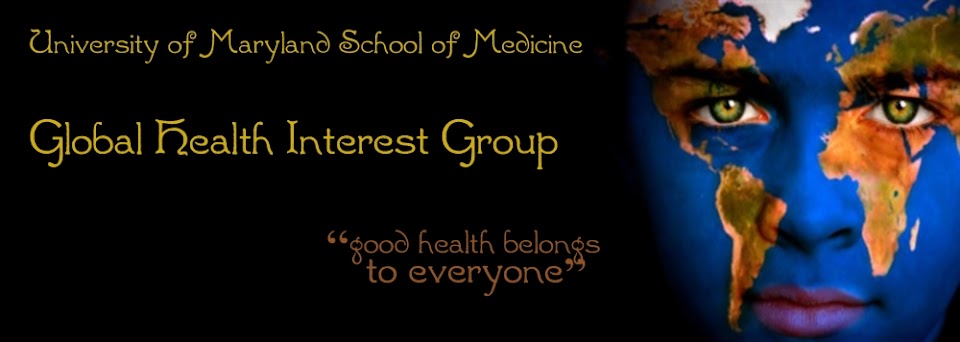- Your reasons for wanting to be a GHIG officer next year
- The role that best suits you and your strengths and personality
Statements are due by midnight on Monday, April 15th, 2013.
Click the tab above to check out a list of current GHIG officer positions.
Also, don't forget to Like us on Facebook!
 |
| Sarah, Karen, Emi, and Christian (not pictured: Jessica and Grace) |

